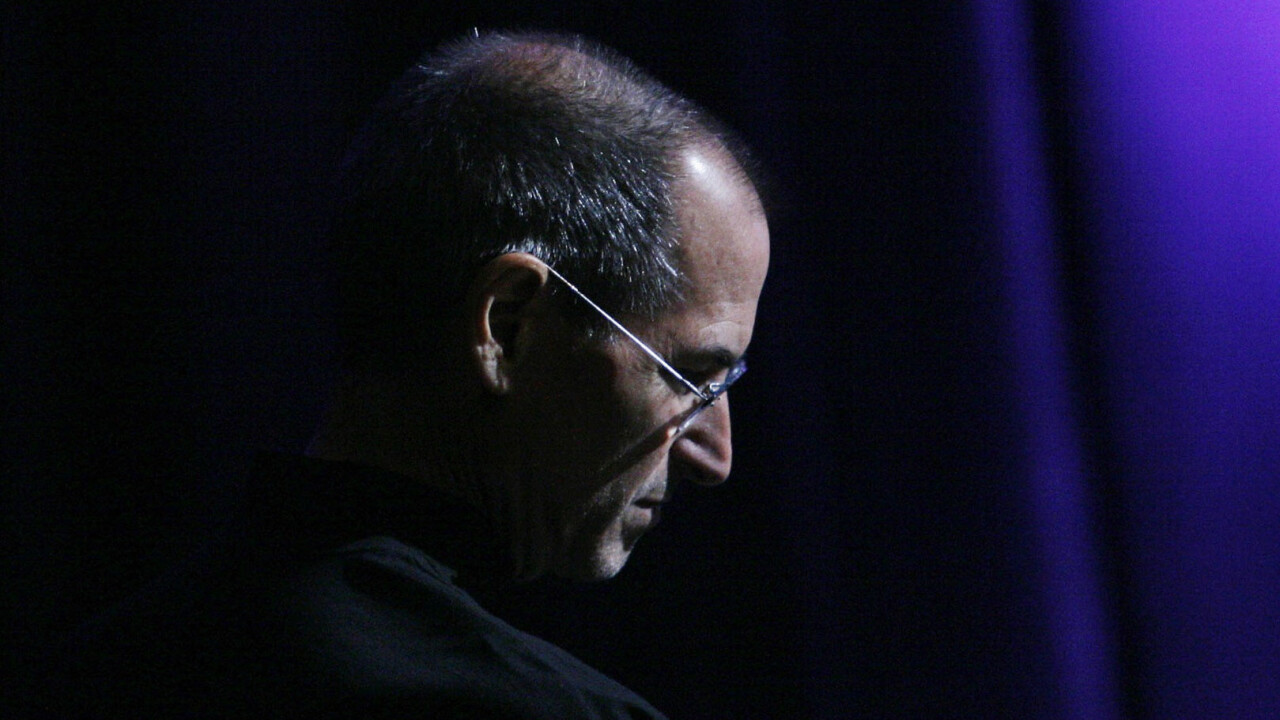
What is it about entrepreneurs that leaves us so inspired and intrigued? Is it their gargantuan balls of courage? Their robotic work ethic? Or the wake of success they leave in their path that has us feeling slightly jealous and somewhat mystified?
Perhaps it’s because we feel grateful for their product or company and we feel like we owe it to ourselves to learn more about the magician behind the curtain. Perhaps it’s because we want to emulate them and carve out our own path to success. Or perhaps it’s because human beings will always have a somewhat vain obsession with the lifestyles of the rich and famous.
In his book, just out this week: Transformative Entrepreneurs: How Walt Disney, Steve Jobs, Muhammad Yunus, and Other Innovators Succeeded, author Jeffrey A. Harris gives us an inside look into the entrepreneurial process and the leadership abilities that separate the winners and losers based on nearly thirty years of venture capital experience.
Harris says the key message of the book is that starting a business is challenging, and getting it to scale successfully is rare, requiring not only a good idea but also great execution skills. “You need both,” he says. “It is a rare talent demonstrated by remarkably committed people who show great perseverance in the face of adversity, an ability to solve problems creatively, and leadership skills to marshal the necessary financial and human resources required to get to success.”
Read our full interview with Harris below.

CBM: How did you get started writing about entrepreneurs?
Jeffrey A. Harris: I have spent nearly my entire working career interfacing with entrepreneurs in my role as a venture capitalists going back to the early 1980’s. It was a time of great activity coming off the emerging wave of start-ups around personal computing, telecoms deregulation, artificial intelligence, and biotechnology. The more detailed study of the entrepreneurial class comes from work preparing for courses that I created for MBA students as an Adjunct Professor at Columbia Business School beginning in 2005.
CBM: What qualities have you found that all entrepreneurs share?
JAH: Successful entrepreneurs combine optimism, creativity, passion, courage and perseverance. They have an uncanny ability to keep going when times get tough. They have such excitement about what they are doing, and a need to prove to the rest of the world that their idea has merit and that they don’t quit. While many people consider successful entrepreneurs to be “lucky”, my sense is that they have positioned themselves and their enterprises to take advantage of opportunities, or to create opportunities, that emerge either from new technologies, new regulatory environments, or other market needs. They tend to be perfectionists interested in every detail of what makes a successful product or service offering.
CBM: What have you learned about the happenstance of failure from writing this book?
JAH: Most new businesses will fail. They fail for a myriad of reasons – not a sufficiently compelling idea/strategy, insufficient financing, inexperienced management, early greed, lack of leadership, poor decisions, competition, etc. It is very hard to get a business off of the ground and then to have it succeed over any length of time, much less have it grow into a meaningful enterprise. The accomplishment is rare and should be recognized as such. In the U.S., the culture accommodates failure better than in most countries so that entrepreneurs are not overly criticized for trying and failing, and the bankruptcy laws permit businesses to fail more gracefully so that resources are not squandered. Because the U.S. accepts entrepreneurial failure, it makes it easier for entrepreneurs to start companies because the downside risk of failure is less.

CBM: How has the world changed for entrepreneurs from Henry Ford to Hugh Hefner and now to Howard Schultz? (Aside from the Internet, that is.)
JAH: Society needs entrepreneurial activity to move forward as it drives economic activity and improves the standard of living. Technology evolution has been a key driver of new businesses and the rate of change is increasing. But, there are lots of other forces at work besides technology propelling the creation of new businesses including globalization, regulatory change, societal changes, higher living standards and cultural changes. The titans of the past provide great examples of entrepreneurial drive and creativity as they took advantage of the above forces at work in their day. Today’s entrepreneurs are doing the same. We need to urge them on.
CBM: What advice can you now give others about starting their own business?
JAH: Go for it. Have courage. Plan appropriately. Ask for help. Don’t be greedy. Raise as much financing as you can (because there will be missteps, mistakes and potholes). Focus on building the business. Put your heart, brain and soul into it and the rest will take care of itself.
Also read: Stop teaching our kids to be employees, start educating entrepreneurs
And check out The Next Web’s Book Club.
➤ Buy Transformative Entrepreneurs $26

Get the TNW newsletter
Get the most important tech news in your inbox each week.




